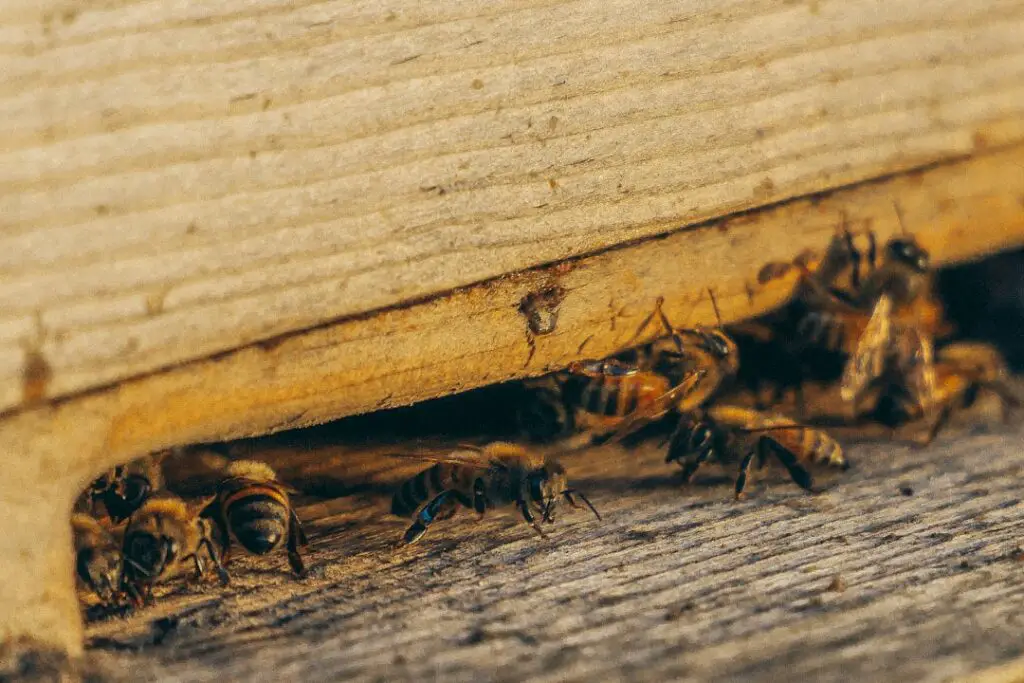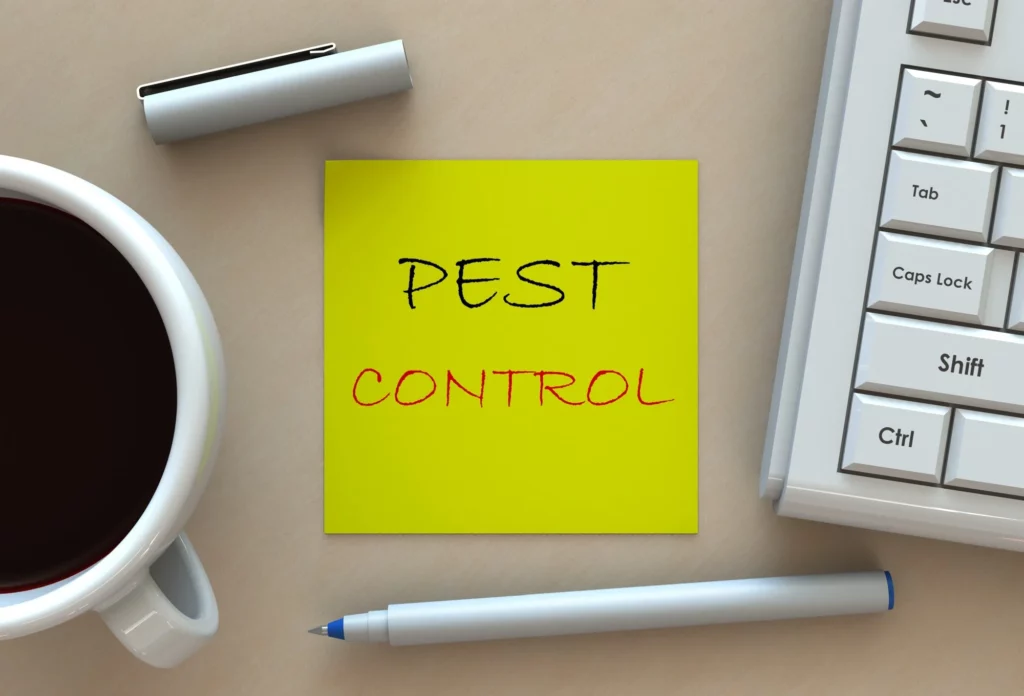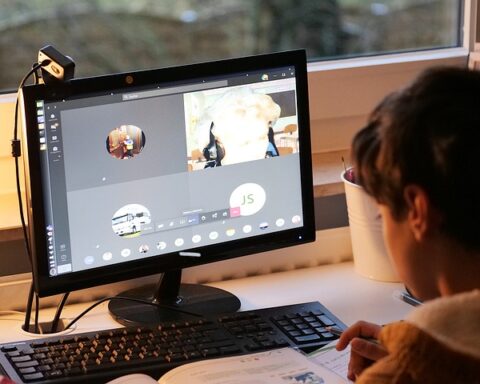Pests, the small but persistent invaders of our homes, can turn the most comfortable living space into a battleground. For homeowners, tackling pest challenges effectively doesn’t have to involve a drawn-out conflict—preparation, awareness, and the right strategies can help you win the war on household pests.
In this extensive guide, we’ll cover everything you need to know to take charge of the common pests that might invade your home. From early identification to prevention, control, and even sustainable management, you’ll become adept at keeping your home pest-free and your sanity intact.

Identifying Pest Infestations
Before you can deal with pests, you have to recognize that they’re present. The signs of a pest infestation can vary widely, but there are some common indicators to watch for.
Signs of Common Household Pests
Different pests leave different types of evidence. Some pests, like cockroaches, leave droppings that are telltale signs of their presence. Others, such as termites, might leave wood damage that’s more subtle but still visible upon inspection. Common signs include:
- Droppings
- Scurrying noises
- Gnaw marks
- Termites: Mud tubes, discarded wings, and hollow-sounding wood.
- Rodents: Chewed-up food packaging, droppings, and nests.
- Bed Bugs: Reddish stains on bedding, shed skins, and a sweet musty odor.
DIY Methods for Initial Detection
You can take proactive steps to detect pests early. This can include:
- Regular inspections of your home, especially in less-traveled areas like basements and attics.
- The use of sticky traps in areas where you suspect pest activity.
- Establishment of daily cleaning routines to easily spot and address any anomalies.
Early detection is key. The sooner you identify a pest problem, the easier it is to manage.
Prevention Strategies
Preventing a pest infestation is far more convenient than dealing with a full-blown one. It’s all about creating an environment that’s hostile to invaders.
Maintaining Cleanliness and Proper Sanitation
Sanitation is a simple yet essential part of pest prevention. Common practices include:
- Storing food properly, and sealing trash bins tightly.
- Regular vacuuming and cleaning to eliminate food sources and hiding places.
- Keeping kitchen and dining areas as dry as possible to reduce moisture-loving pests like ants and cockroaches.
Sealing Entry Points and Securing Outdoor Spaces
Pests can enter your home through the tiniest of openings. You can keep them out by:
- Sealing cracks and crevices with caulk.
- Installing door sweeps and mesh screens on windows.
- Pruning trees and bushes away from the house to prevent direct access.
By making it difficult for pests to enter your home, you greatly lower the risk of an infestation.
Professional Pest Control Services
While DIY methods can work for minor issues, some infestations require the intervention of a professional. It’s important to know when to make that call. And, if it’s a Newport exterminator you’re looking for, or one in any other city for that matter, you can easily find one online. You can even find ones that specialize in eco-friendly and non-toxic pest control.
When to Seek Professional Help
Consider professional help if:
- DIY solutions have been ineffective.
- You’re dealing with pests that may pose a health risk, such as rodents or stinging insects.
- The infestation is extensive, like a termite infestation.
Professional pest control services can provide a targeted and effective solution to your specific pest problem.
Choosing The Right Pest Control Company
When selecting a pest control company, there are a few key factors to consider:
- Experience and reputation in the industry.
- Services offered, including pest identification and prevention advice.
- Guarantee or warranty on their work.
- Pricing and transparency about the process.
Do your due diligence and choose a company you feel confident can resolve your pest issue.
Sustainable Pest Management Practices
Being environmentally conscious doesn’t mean you have to tolerate pests in your home. There are eco-friendly methods for tackling infestations and preventing them in the future.
Eco-Friendly Alternatives to Chemical Pesticides
You can protect your home and the environment with:
- Diatomaceous earth, a natural product that can control a broad spectrum of pests.
- Biopesticides derived from animals, plants, bacteria, and certain minerals.
- Integrated Pest Management (IPM) strategies that use a combination of methods to control pests.
These alternatives can be just as effective as chemical pesticides but with less impact on the ecosystem.
Long-Term Strategies for Pest Prevention
Sustainable pest management is about thinking ahead. Long-term strategies include:
- Consistent application of the prevention and early detection methods mentioned earlier.
- Planting pest-resistant varieties in your garden.
- Regular consultations with professionals to monitor and manage potential issues.
By staying on top of pest prevention, you can largely avoid infestations altogether.

Battling pests in your home is a common challenge for homeowners, but it doesn’t have to be a losing one. With proactive management, strategic prevention, and a careful approach to control, you can effectively keep your home pest-free.
Take charge of your home’s pest control, and enjoy a peaceful, critter-free living space for you and your family. By staying informed and taking action, you can create a home that’s an oasis—untouched by the pesky invaders that so often disrupt our peace of mind.










